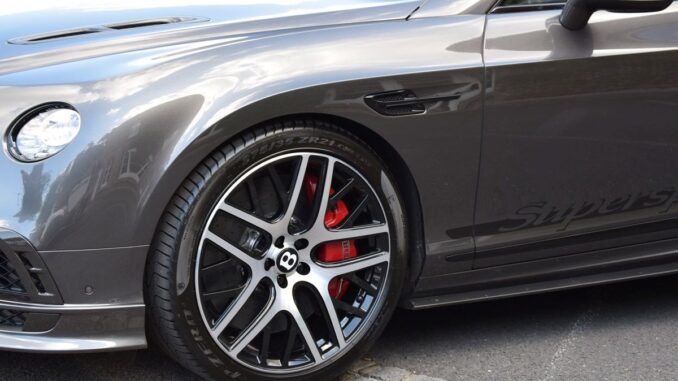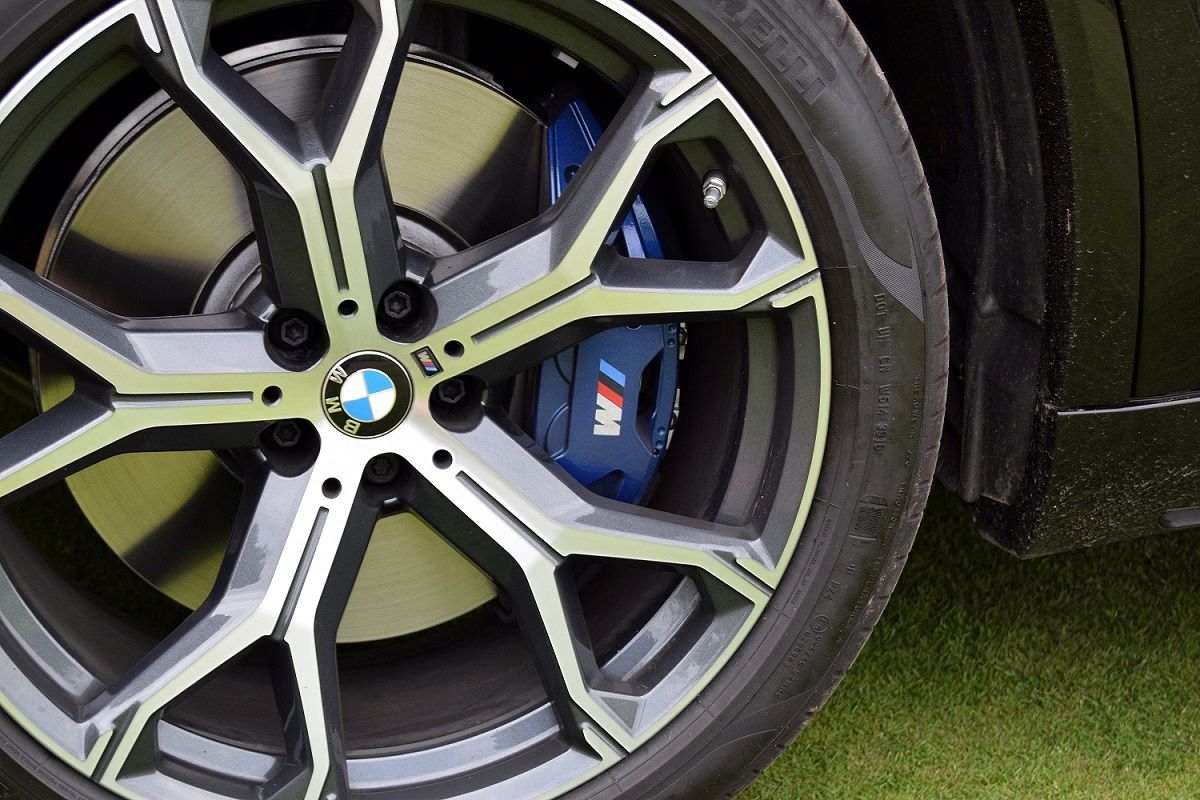
Getting the best from your car means treating it to some occasional care and maintenance. This means cleaning the bodywork and the interior and picking up a few essential gadgets here and there. It also means keeping your tyres inflated with the correct pressure. But occasionally it means investing in an entirely new set of tyres.
These components are designed to be periodically replaced. It’s because of friction that they’re able to grip the road, but it’s this very friction that leaves a small part of the tyre behind every time the wheel turns. Once the tyres wear to such an extent that you don’t have enough tread left to distribute water away from the tyre, your grip will disappear in wet conditions.
But knowing that you need to replace your tyres is one thing, understanding what you should be replacing them with is quite another. Let’s take a look at how to make the most appropriate choice.
Type of vehicle
Different sorts of vehicle demand different types of tyres. You’ll need to think about a number of variables, here, all of which are handily described by the code on the side of the tyre. The section width, the wall thickness, the rim diameter and the load and speed ratings are all worth paying attention to. Check the owner’s manual or put your registration number into an online tool. Make sure that your tyres are correctly inflated, or you won’t get the best from them.

Consider the climate
The local temperature and precipitation will affect the performance of your tyres. For this reason it’s worth considering switching between summer and winter tyres. The former is designed to provide superior grip in hot conditions while the latter is better at handling rainwater and snow. They’re made from slightly different kinds of rubber, and the tread is more generous on winter tyres.
Driving style
The way that you drive the car will also have an impact on the amount you get out of a given set of tyres. Think not only about how you drive but about where you drive. What makes a good fit for the smooth tarmac of a city might not work as well in a rural setting. The faster you’re driving, the more your grip will matter. Good tyres separate performance vehicles from everything else.
Think about your finances
Motoring can be an expensive pursuit. It’s worth therefore performing a cost-benefit analysis before you invest in premium quality tyres. In some cases, the expense might be justified by the benefits. Yokohama tyres are a great long-term investment in your car, provided that you’re putting in the miles and care.
Dealing with your old tyres
The rubber in your tyres can be recycled to create new ones. This is something that a good garage will take care of on your behalf. If you change the tyres yourself, then you’ll want to find a local recycling centre. Phone in advance to determine whether you’re going to be charged.




Be the first to comment